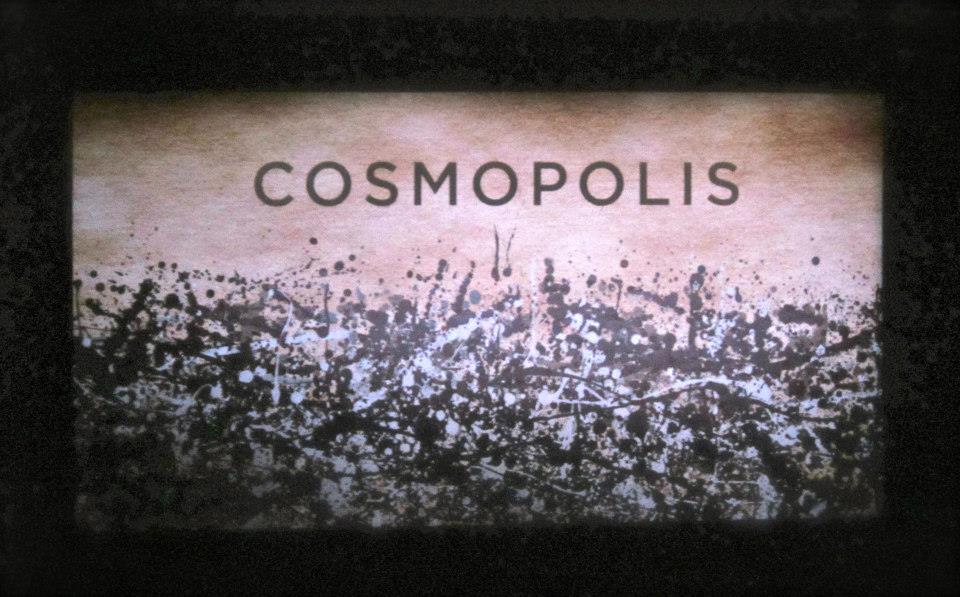The 2003 novel by Don DeLillo (which I have not read) may have been a cautionary tale, but David Cronenberg’s film version of COSMOPOLIS is a dystopian fantasy of the present. The financialization of the world economy is complete. The captains of finance are threatened by mobs in Times Square and knife attacks on live television. Yet the world they have created has come to control them, with the movement of capital determined by an “insistent future” that demands ever more rapid turnovers in every asset class, from art to international currency.
Among the masters of the new universe is Eric Packer, played with vampiric insouciance by Robert Pattinson, who floats around Manhattan in a podlike limousine, in which he has daily medical checkups, receives lovers and financial updates, consults with security personnel, and yearns without result for an icy blonde played by Sarah Gadon, who seems affluent enough but who eats in diners and takes yellow cabs. Cronenberg creates an atmosphere of steely threat, his images polished like fine, untouchable silver, almost as though to invite smudging or theft; as the world grows more violent with each micro-tick of the clock and variation in value, Packer himself is threatened.
Yet it is not fear that compels him to dispense with his security detail and ditch his hermetic vehicle in a garage, but a desire for understanding that leads him to the source of the danger that confronts him. Among the investments that he dallied with earlier were a collection of paintings by Rothko, and the film devolves in the end to the subtleties of color and contemplation for which that artist is justly known. The film’s hero, if he can be called that, goes from the out-of-control acceleration of the world he helped to create to a state of timelessness, and does so with staggering abruptness.
Check listings for viewing options.
